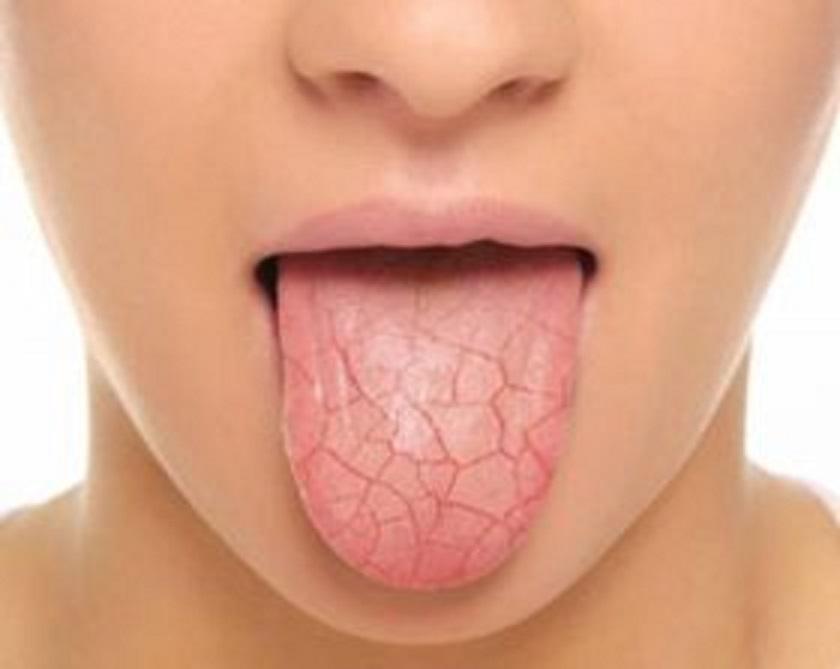
Dry mouth, also known as xerostomia, can be frustrating and uncomfortable but when it comes to your oral health, dry mouth is more than just an annoyance it’s a serious issues.
Saliva is responsible for washing away leftover food, neutralizing acids, and creating a protective coating over teeth. When there is not enough saliva in your mouth, dry mouth, your teeth are left unprotected from leftover food, acids, and cavity causing bacteria. Having dry mouth once in a while wont have and adverse effects on your dental health. However, if you commonly experience dry mouth overtime you will start seeing damage to your enamel, decay (cavities), tooth sensitivity, and early signs of gum disease (bleeding gums). This is why it is important to get to the bottom of what is causing your dry mouth and learn tips for controlling the issue and mitigate the damage caused by it.
What Causes Dry Mouth?
Dry mouth can be caused by a number of things including:
- Dehydration
- Anxiety
- Allergies
- Side effect of prescription and non prescription drugs (muscle relaxants, antidepressants, anxiety medication, and antihistamines)
- Hypertension
- Asthma
- Side effect of diseases and infections
- Chemotherapy
- Caffeine filled diet
- Tobacco use
Basic Tips For Controlling Dry Mouth
Cut Out Drinks That Are Known To Cause Dry Mouth
Cut out the most common dry mouth offenders such as coffee, alcohol, caffeine, and carbonated beverages. Even if these drinks aren’t the root cause of your dry mouth they could be making it worse.
Make Sure Your Hydrated
If your dry mouth is caused by dehydration drinking plenty of water is a simple cure. Staying hydrated is still important and can sometimes help treat dry mouth even if your condition is caused by other issues.
Chew Sugar-Free Gum
Although this won’t cure your dry mouth, chewing sugar free gum can stimulate the salivary glands to release more saliva temporarily giving you relief from dry mouth. It’s important to make sure you are using sugar free gum, since the benefits you receive from relieving dry mouth will be negated by the sugar content in regular gum.
Use A Saliva Substitute
Saliva substitutes are an artificial replacement for your natural saliva. According to the American Dental Association (ADA), it isn’t a perfect match for the saliva your body makes but it can temporarily relieve dry mouth symptoms.
Don’t Use Mouthwashes That Contain Alcohol
Alcohol containing mouthwashes can be drying and make your dry mouth worse. Opt for an alcohol-free mouthwash that are made for dry mouth sufferers, these typically include xylitol as an ingredient.
Suck On Sugar-Free Lozenges
Similar to using sugar free gum, you can also suck on sugar free lozenges to try and stimulate the salivary glands to release more saliva to give you temporary relief.
Breathe Through Your Nose Not Mouth
To reduce the amount of moisture you lose to the outside air, breathe through your nose not your mouth.
Use A Humidifier
If you tend to breathe through your mouth during the night you may want to add a humidifier to the room you sleep in. Although breathing through your nose would be the best option, adding a humidifier will add moisture to the air and keep your mouth a little less dry.
If you are suffering from dry mouth use the tips above to stimulate saliva production and reduce the amount of saliva you lose to outside forces. These tips are great for helping manage dry mouth but make sure to still see a dentist every 6 months in order to catch any early dental problems caused by your dry mouth. To schedule an appointment with one of our dentists fill out our online contact form or give us a call.

